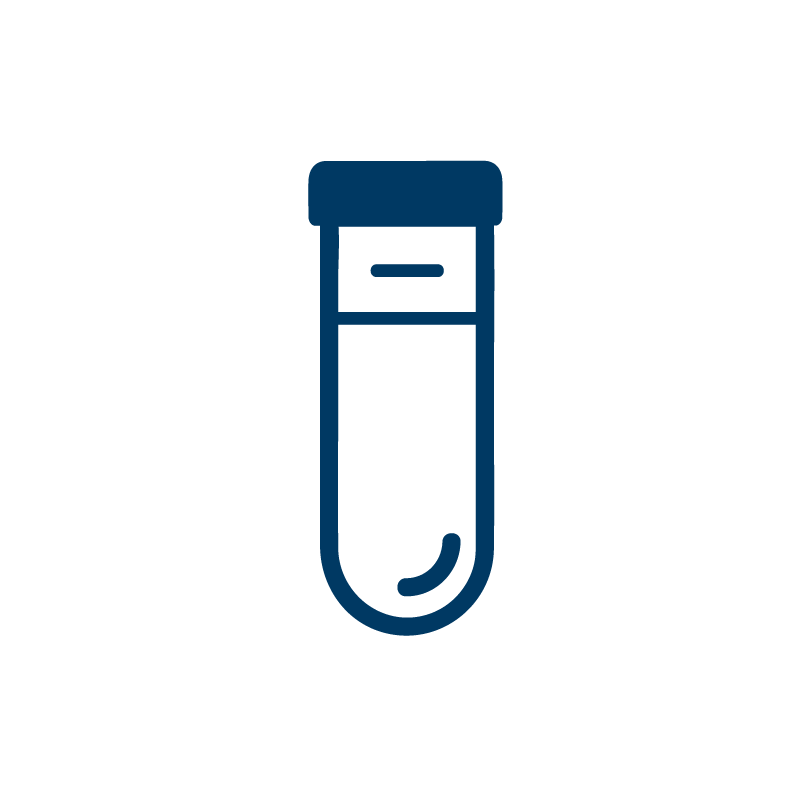Introduction to Testing
 Sport only works when those on the field of play compete fairly, in line with the rules, while behaving in a way that makes us proud to watch.
Sport only works when those on the field of play compete fairly, in line with the rules, while behaving in a way that makes us proud to watch.
To help keep order, officials such as referees or umpires score competitions or performances to make sure that the spirit of competition is maintained.
In anti-doping, testing can have a deterrent effect on those who may be vulnerable to doping decisions – and, when people chose to cheat, testing can detect that.
Testing is one of the essential components protecting clean sport.
The facts - what you need to know about testing
Who can be tested and when? Athletes can be tested any time, any place. Organisations that have the authority to conduct testing are: National Anti-Doping Organisations (NADO) such as UK Anti-Doping, International Federations (IFs), or Major Event Organisers (MEO) such as the International Olympic Committee or International Paralympic Committee.
What types of test are there? There are currently three types of anti-doping test: urine, venous blood and dried blood spot. Once a sample is collected, it is sent to a WADA accredited laboratory to be analysed. They never know whose sample they have, as it is anonymous.
What happens in a Test? The main stages of the testing process are as follows:
- Notification of selection for a test
- Reporting for testing
- Selecting a collection vessel
- Providing the sample under supervision
- Selecting the A&B bottles/sealing kits
- Dividing and sealing the sample
- Testing the concentration of the sample (urine only)
- Recording and certifying the information
Who does the test? Trained and authorised Doping Control Personnel (DCP) conduct testing. They always have to show identification when they notify athletes and then you will be accompanied at all times until the testing process is finished. The DCP will take you through each step of the testing process. A Blood Collection Officer (BCO) is a trained and experienced phlebotomist who carries out venous blood tests.
What that means for you
All athletes should familiarise themselves with the testing process.
UKAD, working with National Governing Bodies, aims to ensure that athletes are always educated and informed prior to being tested, but sometimes that is not possible.
Remember the DCP are there to assist and can help explain the process to you, plus you can take a representative such as a parent or a coach with you.
And don't forget, refusing a test can carry a four-year ban - so it is important to understand your responsibilities now.
What you should do
- Watch the videos on the testing process
- Ask other athletes you know who have been tested about the process
- Learn more about your rights and responsibilities during the testing process
- Remember: you can take someone with you, a representative, if you are ever notified for testing
Where to go for further advice
Why don’t you check out our section on the Testing Process which goes into more detail on exactly what happens in a test, including what happens at international events and modifications that are made for minors and athletes with an impairment.


